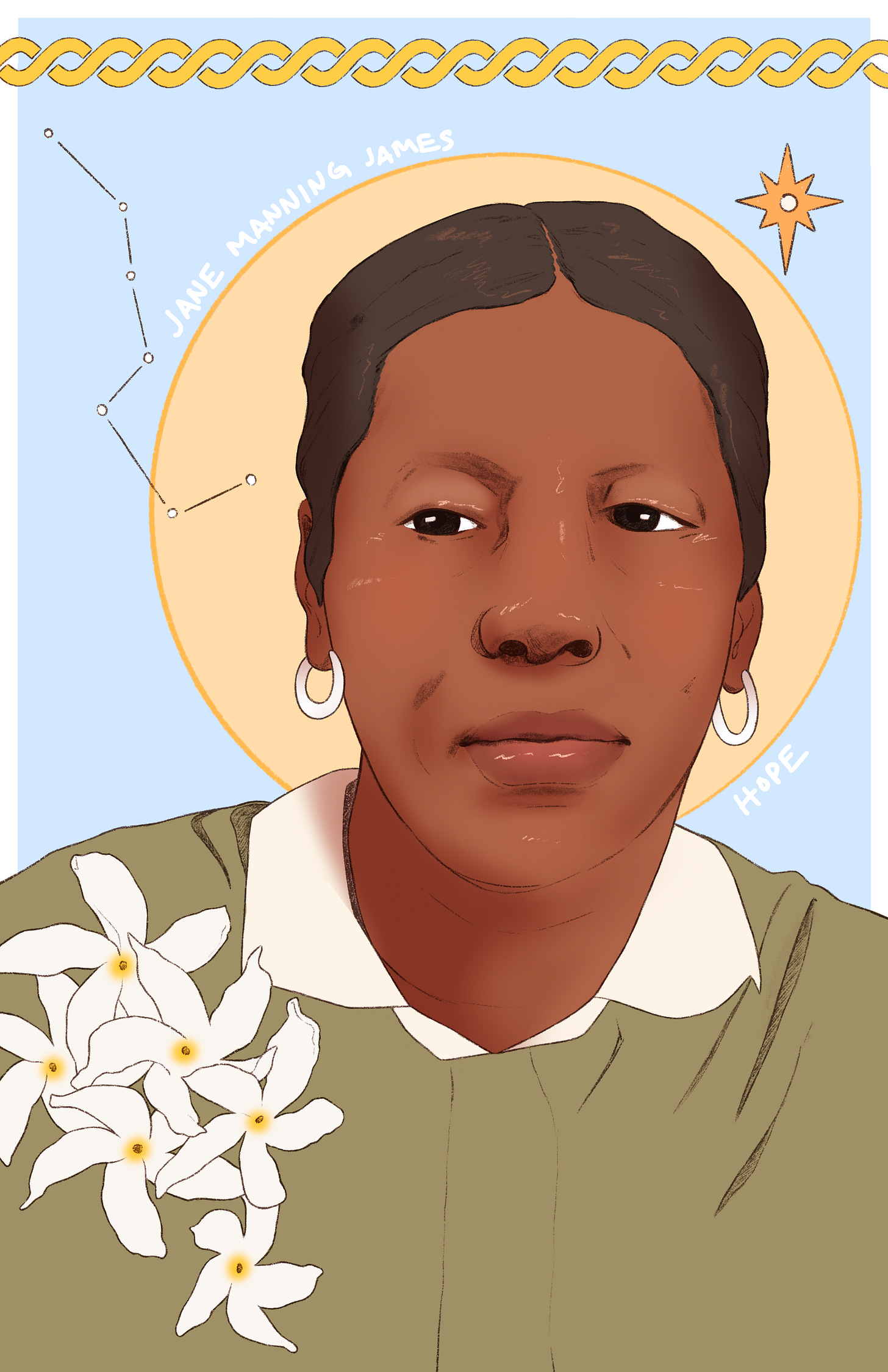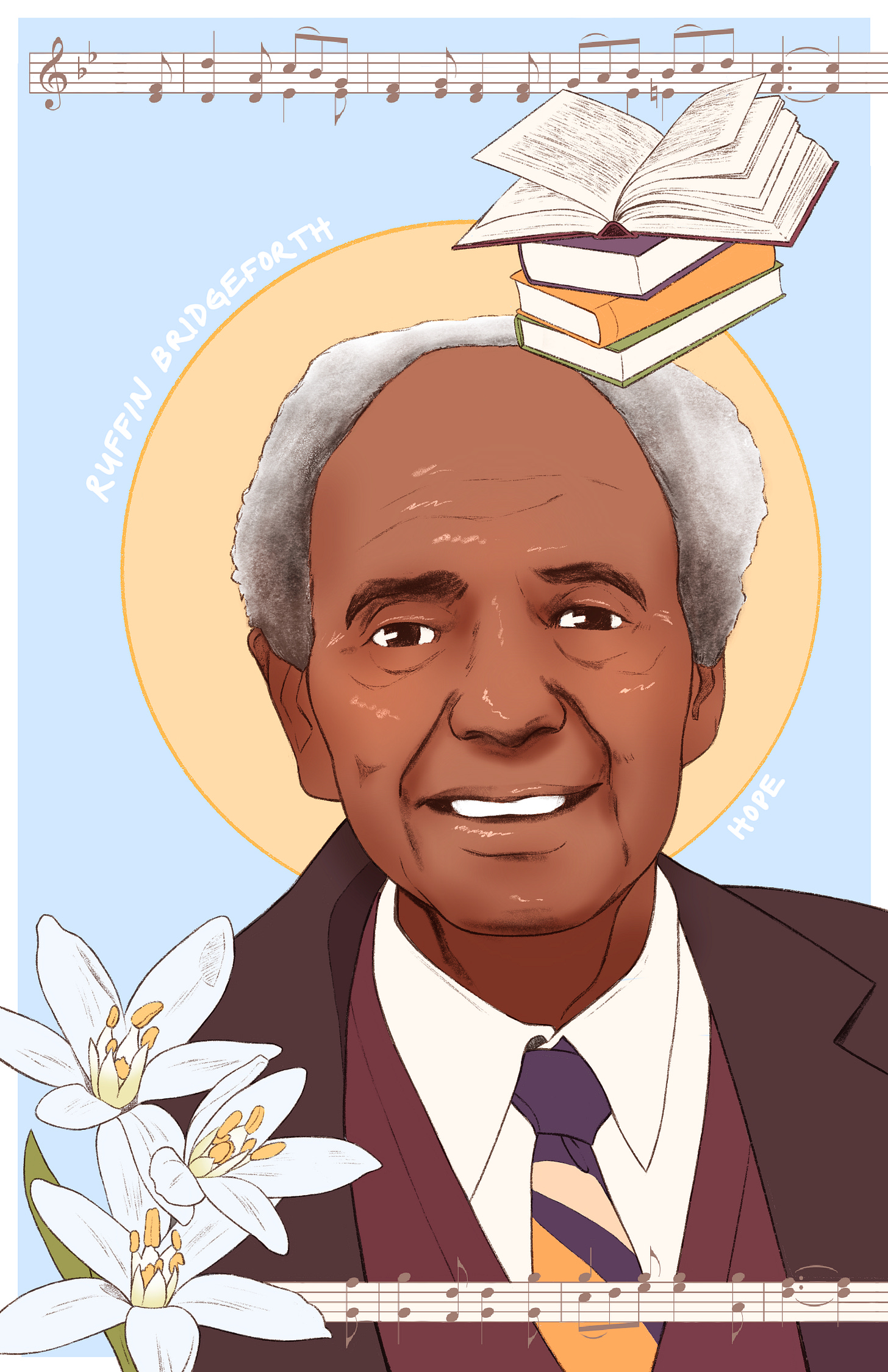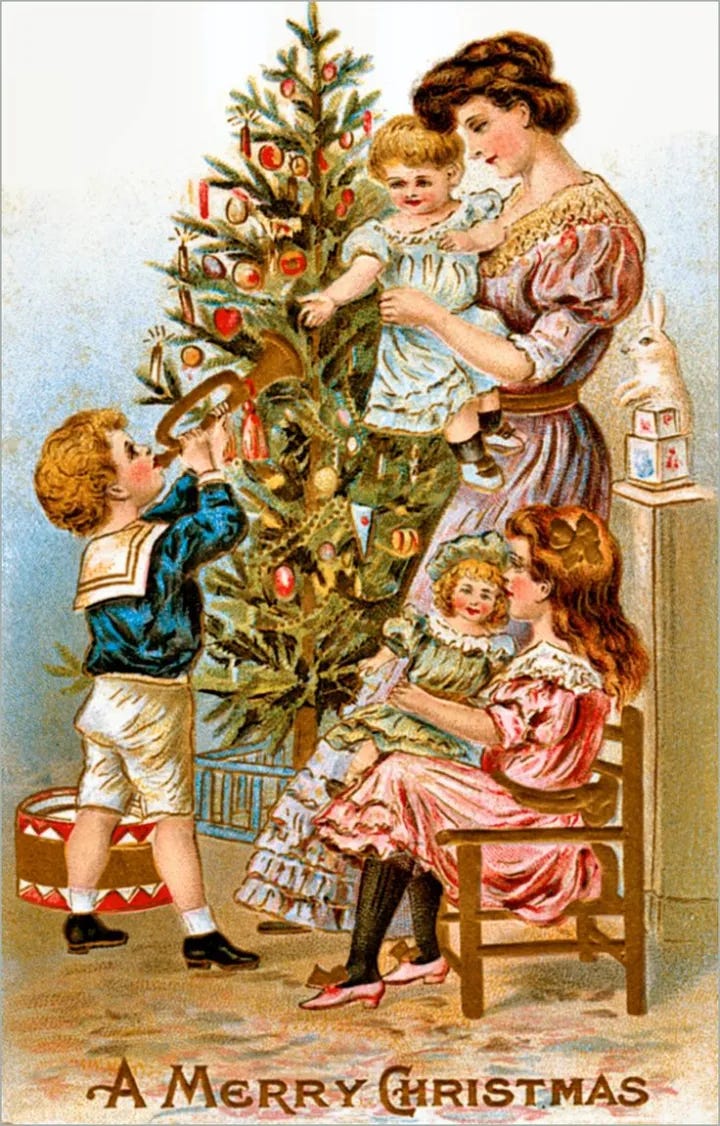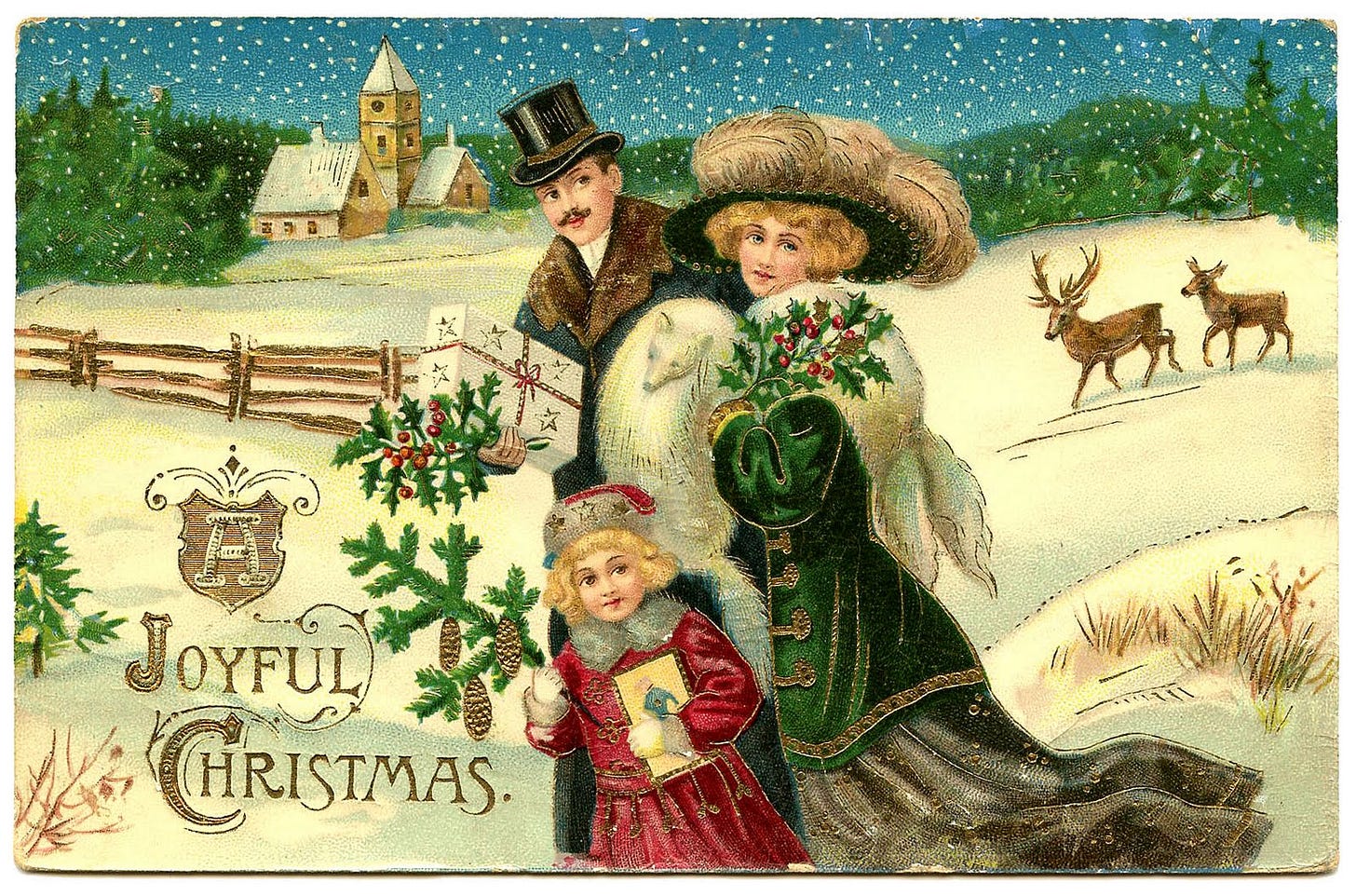Choosing Hope
The First Week of Advent
CHRISTMAS CARDS: WELTSCHMERZ, SEHNSUCHT, HEIMWEH
by Kristine Haglund
German has some untranslatable words I find myself reaching for this time of year. “Weltschmerz” means, literally, “world pain.” It entered the language during the Romantic period and is associated with the sort of overweening idealism that leads inevitably to disappointment for adolescents, poets, and others prone to heartbreak at the blight of the world’s fragile beauty. “Sehnsucht” is most often translated as “longing” or “yearning,” but it feels to me as though there’s more in the German word than comes through in those English approximations. “Sehnen” by itself as a verb means longing or yearning; “-sucht” is also the word used for addictions—there’s a sort of craving desperation, a tip toward the bitter side of bittersweetness in the compound word. Finally, “Heimweh” can be reasonably well-rendered as “homesickness,” but the “weh” in the German means hurt, more than sick—there’s a sharpness to the pain that “homesickness” blunts a little.
I need these words when I confront the wonderful flood of beautiful Christmas cards from my friends (and yes, you should feel free to chuckle at my ridiculous ability to find the melancholy side of any and everything). It’s easy to laugh at the prettified versions of our lives that we present to the world at this time of year. I have myself been guilty of plenty of mockery. And it’s undeniable that the annual orgy of good cheer can cause deep pain for those whose lives don’t lend themselves to quick Yuletide spruce-ups. The gap between what might be, what ought to be, and what is stretches into a yawning abyss at the time of year when we celebrate the birth of One whose promises to “reprove with equity for the meek of the earth,” to gather the poor to a land “flowing with milk and honey”, to “satisfy [our] soul[s] in drought, and make fat [our] bones” and make us “like a watered garden, and like a spring of water, whose waters fail not,” seem always far off on a receding horizon.
The prophets seem to have known it would feel like this, writing especially to and about those who feel themselves “strangers and pilgrims on the earth”:
The sorrows of death compassed me, and the pains of hell gat hold upon me: I found trouble and sorrow. Then called I upon the name of the Lord; O Lord, I beseech thee, deliver my soul. Gracious is the Lord, and righteous; yea, our God is merciful. The Lord preserveth the simple: I was brought low, and he helped me. (Psalm 116)
Therefore hear now this, thou afflicted, and drunken, but not with wine:
Thus saith thy Lord the Lord, and thy God that apleadeth the cause of his people, Behold, I have taken out of thine hand the cup of trembling, even the dregs of the cup of my fury; thou shalt no more drink it again. (Isaiah 51)
For the Lord hath called thee as a woman forsaken and grieved in spirit, and a wife of youth, when thou wast refused, saith thy God. For a small moment have I forsaken thee; but with great mercies will I gather thee. In a little wrath I hid my face from thee for a moment; but with everlasting kindness will I have mercy on thee, saith the Lord thy Redeemer. For the mountains shall depart, and the hills be removed; but my kindness shall not depart from thee, neither shall the covenant of my peace be removed, saith the Lord that hath mercy on thee.
O thou afflicted, tossed with tempest, and not comforted, behold, I will lay thy stones with fair colours, and lay thy foundations with sapphires. (Isaiah 54)
Christmas is not only, and maybe not even especially, for the happy, the cheerful, the lucky. Christmas is most of all for those who know, deeply, that we dwell in darkness and still look for the light we hope will come. We dress our children up, coax smiles out of reluctant teens (well, we try), and we tell the happiest possible story of our lives not because we are naive or blind to the truth of our lives in the lone and dreary world, but because we choose, sometimes with great effort, to believe the promise that our blighted world can yet be redeemed, that the far-off glimpses of beauty that pierce us with longing are truer and more powerful than the despair and cynicism that tempt us on every side.
Christmas is most of all for those who know, deeply, that we dwell in darkness and still look for the light we hope will come.
It is impossible, really, what God asks of us at Christmas. The weight of evidence is so abundantly on the side of darkness and ugliness and ruin. We see, with prophets and poets, that we cannot change the world, that our work is likely to come to naught, that “the glory of man is as the flower of grass; the grass withereth, and the flower thereof falleth away.”
My name is Ozymandias, King of Kings,
Look on my Works, ye Mighty, and despair!
Nothing beside remains. Round the decay
Of that colossal Wreck, boundless and bare
The lone and level sands stretch far away.
(Percy Bysse Shelley)God knows this. He knows that we know it. And yet he asks, commands us to believe the impossible—virgin birth, new stars, nights bright as day, angels talking to shepherds, heaven touching earth. And not just to believe it, but to enact it, over and over, to tell each other the story again and again (and again and again and again if you have little kids who want to read Christmas stories at bedtime), year after year, despite everything. He asks us to learn the desperate patience of hope.
And that is why God speaks German. He knows even better than we do that we need compound words—that love and longing and pain and craving and joy are all wrapped up in each other. He made it this way; he had to. The faint, aching traces of memory of our heavenly home are our surest guide to all that is good and right and beautiful, and they necessarily intensify the pain of our exile. Mostly, all we can do is endure; “wait patiently for him.” (Psalm 37:7) At Christmas, the waiting and the longing find concrete expression in the pictures and stories of our loved ones—our attempts to make tiny paper islands of beauty and perfection and happiness that approximate our dim memories of home and ease the pain of our longing to return. This active waiting, this aspirational storytelling is the real work of Christmas, and, rightly understood, of all our lives.
Christmas did not come after a great mass of people had completed something good, or because of the successful result of any human effort. No, it came as a miracle, as the child that comes when his time is fulfilled, as a gift of the Father which he lays into those arms that are stretched out in longing. In this way did Christmas come; in this way it always comes anew, both to individuals and to the whole world.
You have perhaps waited for years to be freed from some need. For a long, long time you have looked out from the darkness in search of the light, and have had a difficult problem in life that you have not been able to solve in spite of great efforts. And then when the time was fulfilled and God’s hour had come, did not a solution, light, and deliverance come quite unexpectedly, perhaps quite differently than you had thought? Hasn’t this happened to you, just as the child comes at his own time, and no impatience or hurrying can compel it—but then it comes with its blessing and full of the wonder of God? Hasn’t God’s help come to us sometimes in this way?
And so it shall be with our yearning for the redemption of humanity and for a new shining forth in the world of God. …Because of the noise and activity of the struggle and the work, we often do not hear the hidden gentle sound and movement of the life that is coming into being. But here and there, at hours that are blessed, God lets us feel how he is everywhere at work and how his cause is growing and moving forward. The time is being fulfilled and the light shall shine, perhaps just when it seems to us that the darkness is impenetrable.
…Our efforts count, even though we only stretch out our arms in the patience of faith and in loyal endurance so that we may receive the holy gift. Even though we only wait, poor and yearning in the darkness, we are ready, and may help to bring about the fullness of time.
Wherever love proceeds from us and becomes truth, the time is fulfilled. Then the divine life floods through our human relationships and all our works. Then, of human effort and of the divine miracle, shall the world be born in which Christmas is fulfilled as reality. (Eberhard Arnold)
Joy to the world, and to each of you this Christmastide. God bless us to love each other better and more truly, “by the patience of hope and the labor of love.”
This essay was originally posted on By Common Consent.
Kristine Haglund is a freelance editor living in St. Louis. She is a former editor of Dialogue: A Journal of Mormon Thought and the author of Eugene England: A Mormon Liberal.
MUSIC: AUDIVI VOCEM BY THOMAS TALLIS
REMEMBERING JANE MANNING JAMES AND RUFFIN BRIDGEFORTH
A reflection by Cecelia Proffit

In our home on the first Sunday of Advent, we recommit ourselves to the spiritual discipline of hope. And as part of that re-commitment, we take inspiration from the lives of Jane Manning James and Ruffin Bridgeforth.
Jane Elizabeth Manning was a free Black woman who joined the Church in about 1842 and set out with her family to reach Nauvoo. She and other Black converts bought tickets on a boat for part of the journey, but were removed because of their race. With both their ticket money and their luggage stolen from them, they walked the remaining 800 miles to reach Nauvoo. Along the way, Jane healed the sore and bleeding feet of her companions and saved the life of a baby others thought could not survive.
Upon reaching Nauvoo, Jane lived with and worked for Joseph and Emma Smith, and they developed a close relationship. Emma invited her to be sealed to them as their child, but Jane declined. After Joseph’s death, Jane found work in Brigham Young’s house, married, and made her way West as one of the first Black Saints to enter the Salt Lake Valley.
Jane’s life as a Latter-day Saint was not easy. Her husband left her; she outlived all but two of her children; and all but one of her family members eventually distanced themselves from the Church. Through it all, Jane remained an active and committed member of the Relief Society, but compounding her struggle was the fact that at this point in Church history, Black members were barred from participating in temple ordinances. Still, this did not deter her; in Beehive Girl, Mikayla Orton Thatcher writes:
Jane wanted to receive her temple ordinances, even if she had to receive them by proxy. She petitioned church leaders: visiting them in their homes, writing letters, and having prominent white women write letters on her behalf. Jane asked to be sealed to her ex-husband, Isaac James. She asked to be sealed to a deceased Black man who did hold the priesthood, Walker Lewis, if that was more acceptable. Finally, she asked to be sealed to Joseph and Emma as their child, as Emma had offered so long ago.
In 13 years of pleading, the best Jane was ever given was to be sealed by proxy to Joseph and Emma as their servant. … The brethren, thinking they'd solved everything, may have been surprised that Jane continued to petition until her death in 1908 to receive her endowment.
Jane’s story doesn’t end there. Ruffin Bridgeforth, born 15 years after Jane’s death, attended his LDS congregation for decades as the sole Black member. He co-founded the Genesis Group to advocate for the needs of Black members, and was the first Black man to be ordained a high priest. When the temple and priesthood ban on Black members was finally lifted, Ruffin was part of the group that offered Jane her long-desired blessings by proxy. Jane at last received her endowments, and was sealed to her children and to Isaac.

Advent for me is an opportunity to be more like Jane and Ruffin as I hope for, work for, and wait for a better world. This Sunday as I light a candle with my family, we’ll pause to think about what it is we’re longing and hoping for, and together we’ll pray that God will give us good work to do while we wait for the fulfillment of every promise.
Wayfare is indebted to the research and scholarship of others for this biography. Learn more from Mikayla Orton Thatcher in Beehive Girl, and from Grace Chipman at Better Days 2020.
Cecelia Proffit and her spouse Conor Hilton are the authors of An Advent Reflection and Another Advent Reflection, two zines available from The ARCH-HIVE. She lives in Iowa with her family.
CREATION CONTINUED
by Carol Lynn Pearson
I will continue to create the universe today right where God left off. Little pockets of chaos Somehow survived the ordering and I feel moved to move upon them as in the beginning the Spirit of God moved upon the face of the waters. I will move upon my backyard today and the weeds will be subdued and the flowers can grow and it will be good. I will move long-distance upon a broken heart and leave a little balm and it will be good. I will move upon the hunger of my children with salad and spaghetti which is Emily’s favorite and it will be good and even they will say so. And I will move too upon their minds leaving a little poem or an important thought and that will be even better though they won’t say so. I will move upon birth defects and cancer with five- or ten-dollar checks to help the scientists who are battling the big chaos. And I will move upon world hunger with a twenty-four-dollar check for little Marilza in Brazil and it will be good. I will move upon the kitchen floor and the dirty laundry and a blank piece of paper and at the end of the day have a little creation to show. And the evening and the morning are my eighteen thousand and ninety-sixth day and tomorrow will start another one. And here is chaos and there is chaos and who knows if creation will finally be done?
Carol Lynn Pearson is an author, poet, screenwriter, playwright, activist.
SCRIPTURE
And I heard a loud voice from the throne saying, “See, the home of God is among mortals. He will dwell with them; they will be his peoples, and God himself will be with them and be their God; he will wipe every tear from their eyes. Death will be no more; mourning and crying and pain will be no more, for the first things have passed away.” And the one who was seated on the throne said, “See, I am making all things new.”
WINTER PANZANELLA SALAD
a recipe from Mallory Jones Oniki
If food could spark feelings, this salad would bring hope. It is light and fresh from the kale and other vegetables, but is comforting thanks to the bread. It either begins a meal or pairs with something greater, creating hope for what is to come!
AN ADVENT AUDIO SERIES
We encourage you to check out the Constant Wonder podcast from BYUradio for a special Advent series. Each episode offers a new advent calendar "door" to open every day, from the 1st to the 25th of December. Watch the trailer below and learn more here.







